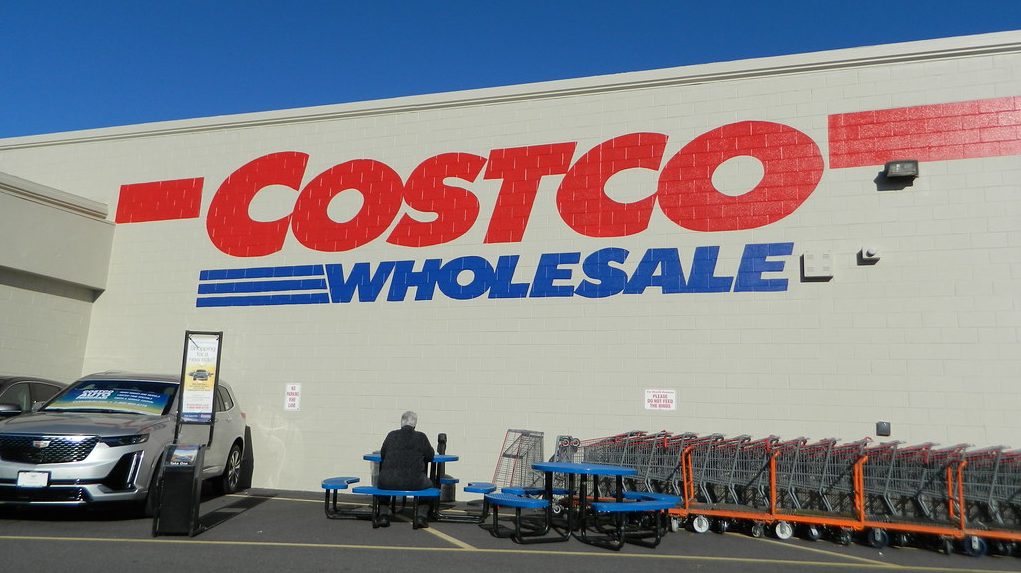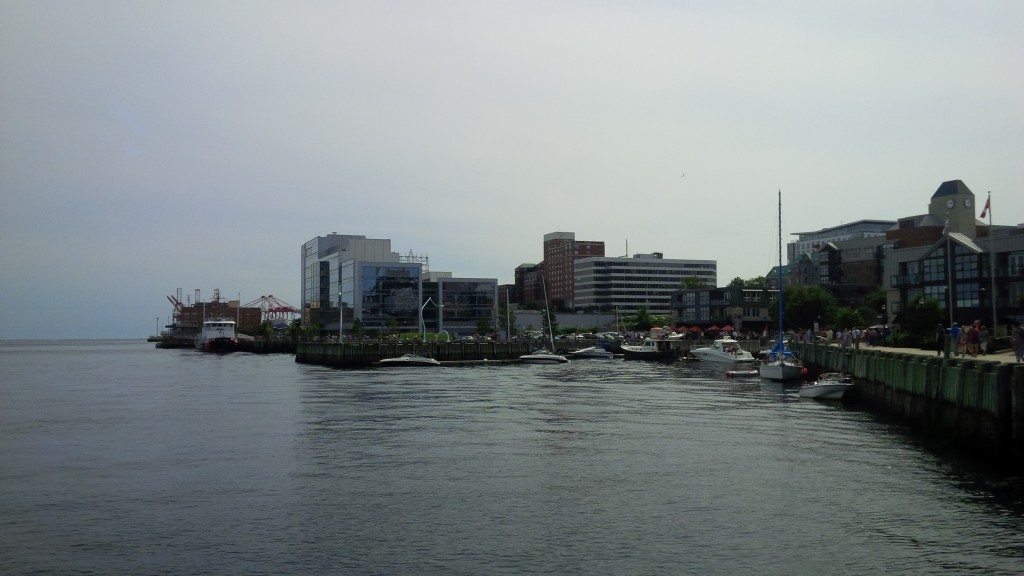Prince Edward Island offers financial support for potato farmers, exporters
Posted Dec 10, 2021 11:15:50 PM.
CHARLOTTETOWN — Potato farmers in Prince Edward Island are getting financial assistance from the province nearly three weeks after shipments to the United States were suspended over the discovery of fungal potato wart.
The province announced Friday it’s moving forward with a financing program to make fixed-interest loans available to potato farmers to cover operational costs.
As well, the government has set up wage support for exporters and trucking companies that previously shipped produce south of the border.
“The effect that it’s having on our farmers and their mental health is evident and obvious,” Agriculture Minister Bloyce Thompson told reporters Friday. “Our government is doing absolutely everything it can to support our largest economic driver and the pride of P.E.I.”
Economic Growth Minister Matthew MacKay said the $4.2-million wage support program will be retroactive to Dec. 1 and employees will be able to access up to $3,000 a month. He added that the financing program includes a $100-million loan portfolio.
“This could change daily. We just don’t know how long this is going to last, so we wanted to make sure there was enough money in the pot so that if we do need it, it’s there,” MacKay said.
Thompson went on to say it doesn’t seem likely the ban on exports will be lifted any time soon, but officials will continue to bring the concerns of the Island’s potato farmers to the federal government.
Canada suspended all shipments of fresh potatoes from P.E.I. to the U.S. late last month after the fungal disease was discovered in two fields in the province. The fungus poses no threat to human health but can greatly decrease the yield of potato crops. The United States potato market is worth about $120 million a year to P.E.I.
Thompson said he is worried about how long negotiations about the ban could take, adding that the current potato stock will likely keep for months. He also said the province was temporarily “giving up” on its relationship with Puerto Rico. The territory historically has represented about a quarter of the Island’s potato exports to the U.S., but it is included in the ban.
“We’re looking for new markets now,” Thompson said. “We’re really probably going to be stealing someone else’s market, or there’s the possibility of creating new markets.”
Meanwhile, one Island potato farmer has been acting as a middleman to export New Brunswick potatoes to Puerto Rico. Randy Visser, owner of G. Visser and Sons, said in an interview Friday his company has been exporting to Puerto Rico for several years. During the potato ban, it has been buying product from New Brunswick and sending about two to three container loads a week to Puerto Rico.
“We’re just sort of maintaining our market there and, in a lot of ways, just trying to help our customers out, because they would struggle to source potatoes from the U.S., the pricing would be quite a bit higher,” Visser said.
The arrangement is not ideal, and he hopes to see the ban lifted soon. “If the border does not open soon, it’s going to be a devastation for the potato industry,” he said. “We may very well be putting potatoes through a snowblower this winter.”
The four Atlantic Canadian premiers said in a statement Friday they’re united in their desire to see an end to the export ban.
During a virtual Council of Atlantic Premiers meeting Thursday night chaired by New Brunswick Premier Blaine Higgs, the leaders discussed how the exportation of potatoes from Prince Edward Island supports jobs across Atlantic Canada, and the ban therefore has regional impacts.
This report by The Canadian Press was first published Dec. 10, 2021.
—
This story was produced with the financial assistance of the Facebook and Canadian Press News Fellowship.
The Canadian Press








